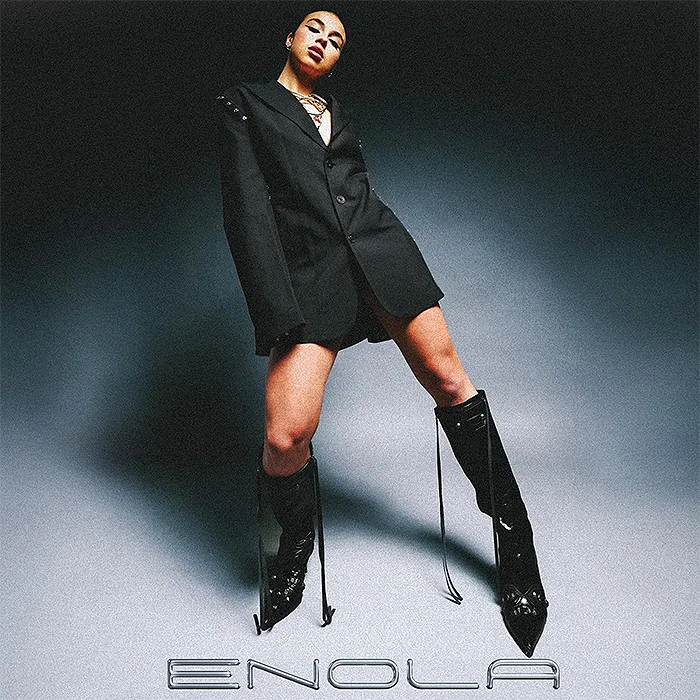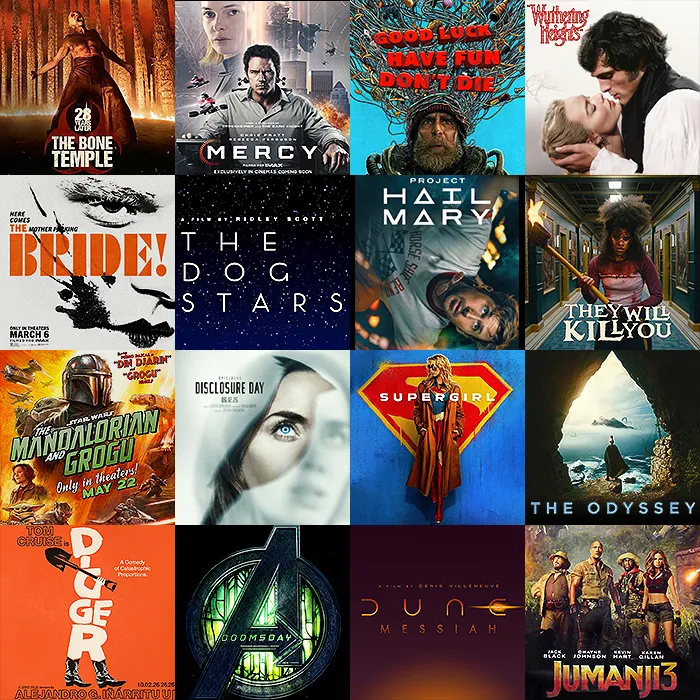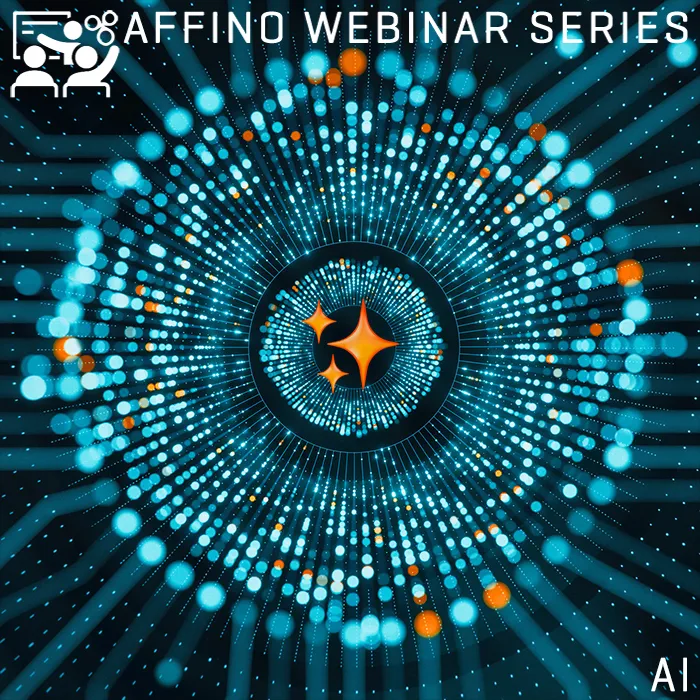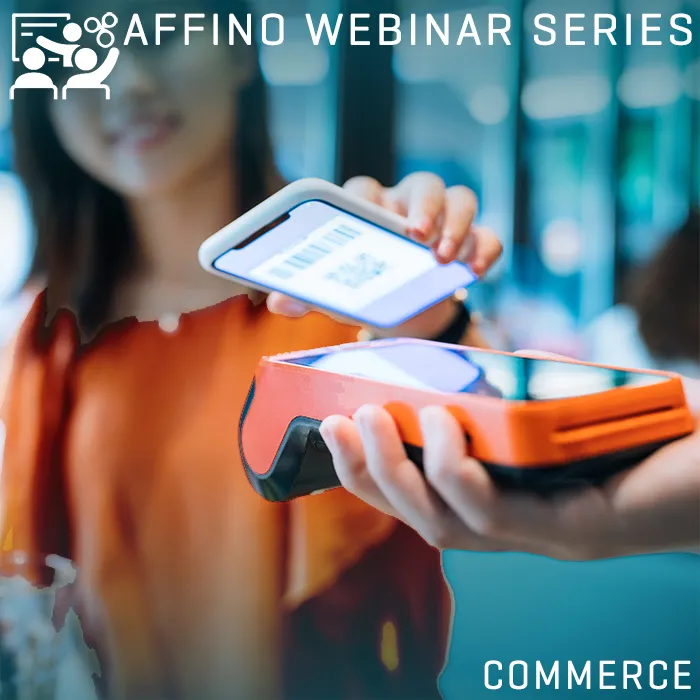Adding Value to Intangible Assets

In view of the declining consumption of ’solid media’ that is to say - Printed Media and CDs in particular, it is becoming ever more important to justify / qualify the cost of digital media. A whole generation has grown up with the ’Free Internet’. There are enormous numbers of digital media consumers who pay nothing for the privilege of viewing, reading, listening to or even downloading their daily fix of media.
Back in my childhood days the type and number of media outlets was very limited, we did not have 1,000 flavours of internet radio, or Digital TV, let alone eBooks or any of the Internet by-products. If you wanted something for free, it usually meant shifting your butt down to the local public lending library - where books and complementary media could be taken on loan for a week or so.
The evolution of technologies like iTunes and Kindle (and obviously the Internet in general) have had a dramatic effect on how media is consumed. Most music these days is acquired via MP3 download; globally - probably half of this is via illegal downloads - where the artists receive no remuneration for their efforts. Recent news coverage reported that for the first quarter of the year, Amazon had sold 150 eBooks for every 100 printed books that had been shifted, and more recent figures show a ratio of 180 to 100, almost at 2:1. There’s of course the current debate with Newspapers and Magazines vs Subscriptions and Paywalls. However, there are several things that the digital industry does quite poorly, and this needs to change to shift more ’consumers’ from the freebooter bandwagon over to the status of paid-up customer.
I know these issues as well as anyone, as I am an avid consumer of Music, Books and Movies. I still buy a lot of music on Vinyl and CD - in fact the majority of my music I prefer to buy in those formats, as I like to enjoy a fully tactile, tangible, sensory experience with my media. I like the solidity of a CD Case or Album Sleeve, I enjoy reading the liner notes and lyrics and smelling the scent of fresh print. I also like to be engaged by clever visuals, great album art and the exotic feel of quality parchment papers. The same goes for thumbing through a weighty book - there is a degree of heritage and worth, that just is not currently reflected in or conveyed by digital media.
Of key concern also is how you consume such media. If you go into Waterstones, you can pick up a points card, which in effect gives you progressive discounts, there are always loads of books on special offer, 3 for the price of 2, 1/2 price etc. Digital Media retailers are very poor at encouraging repeat purchase, as they don’t properly utilise ongoing special offers, calendarised sales events or progressive discounting. For many things, I don’t believe the format is quite right yet, nor is the price point. The key advantage of digital media is that of convenience - the accessibility and speed of aquisition. Its immediate downsides though are perceived value and tangibility, although the obvious other advantage of digital media is minimal clutter, as any book or record collection is going to take up a lot of space and carry considerable amounts of weight. However, there is of course a totally different experience to handing over a pile of beautifully leather-bound books vs a USB memory stick - here ’share my priceless collection of invaluable artworks’. Because of its inherent nature of redundancy and need for ongoing format upgrades / changes, the value of technology and technological output often tends to be remarkably redundant - this in itself makes it difficult to assign a long-lasting value on something like Digital Media.
For my mind, the reason Cinema is doing so well at the moment, is all down to the key aspect of ’Experience’. Now with the recent introduction of 3D, you have a total surround experience - an assault on all your senses - sat with a bucket of popcorn in a darkened, velvet-enveloped auditorium, you have the addition of atmosphere, anticipation, audience reaction, sound, smell, taste - this is what makes Cinema successful. With the weight of a crowd behind you, everything on screen becomes enhanced and elevated - comedies are so much funnier in the Cinema, and thrillers are so much more thrilling with several hundred people on the edges of their seats, jolted simultaneously in response to the action on the big screen.
If you read my ’The Future of Music Online 2010’ post, you will have picked up that the originators of the MP3 format are trying to add additional Media Assets to the central MP3 file - so that it can be associated with an extended roster of wiki-like information - lyrics, blog posts, artworks etc. - all moving towards making the MP3 experience closer to what you get when you buy the physical product.
For eBooks, I don’t believe the price point is quite right yet, as I can frequently get cheaper recent paperback books at Amazon or Waterstones than their eBook equivalents on iBooks or Kindle. I believe the eBook format will need to be enhanced with more margin notes, interactive maps and indexes and an equivalent roster of enhanced / dynamic media which significantly adds interest, impact and value to the format. When I buy a book, its not just my eyes that are stimulated - there’s the smell of fresh print, the feel of the texture of the paper and the sound of the cracking of the spine and the swishing of the pages as you leaf through a book - all this is missing from an eBook.
To get more of the Internet freebooters to start paying for their digital media the digital media must become much more than a watered down version of its traditional equivalent. Media outlets must also be better at incentivising their customers with loyalty points and progressive discounts. The biggest problem with ’Digital Media’ is perceived value, as so much of the younger generation does not recognise the worth or value in digital media. We also have the added paradigm of purchase options, as is exemplified by real world music clubs and the many ways that music can be bought. Services like Spotify are an interesting annex to the Digital Media debate - as you are in effect renting access to an extended library - the classic example of a subscription.
For me, Digital Media needs to take on more of the tangential and connective properties of the Internet - where the ’Single’ or ’Album’ has several levels of assets that can be accessed - giving the consumer an almost equivalent experience to traditional media. Humans are very much sensory creatures, and enjoy being simultaneously stimulated by more than one sense - hence the always important impact factor of the Pop Video, which with its potentially high art visual values - can often make or break either a great tune or a mediocre one. A lot of fairly pedestrian pop can be superbly dressed up with a glossy video and great packaging - which largely goes towards justifying a top 20 chart appearance versus sliding into oblivion.
For now, the Digital Media industry has not matured enough yet, and lacks more concerted competition at every level - this will all come to fruition eventually, as companies figure out new ways to enhance not just the audience experience, but the entire consumer / acquisition experience. To convince someone to pay for something that they have been able to get for free, you must be able to demonstratively prove the inherent value of that experience - that is the challenge that all Digital Media retailers face.
Related
How can digital media enhance sensory experiences for consumers?What strategies can increase perceived value of digital media?How can loyalty programs improve customer retention in digital media?What features could make eBooks more appealing than physical books?How can digital media retailers better incentivize repeat purchases?
Did you find this content useful?
Thank you for your input
Thank you for your feedback
Upcoming and Former Events
Affino Innovation Briefing 2025
Webinar - Affino Elevation Update Demo
Webinar - Introducing Affino's Fourth Generation AI Services
Webinar - Enhanced Affino Commerce & Subscription Capabilities
Meetings:
Google Meet and Zoom
Venue:
Soho House, Soho Works +
Registered Office:
55 Bathurst Mews
London, UK
W2 2SB
© Affino 2025















